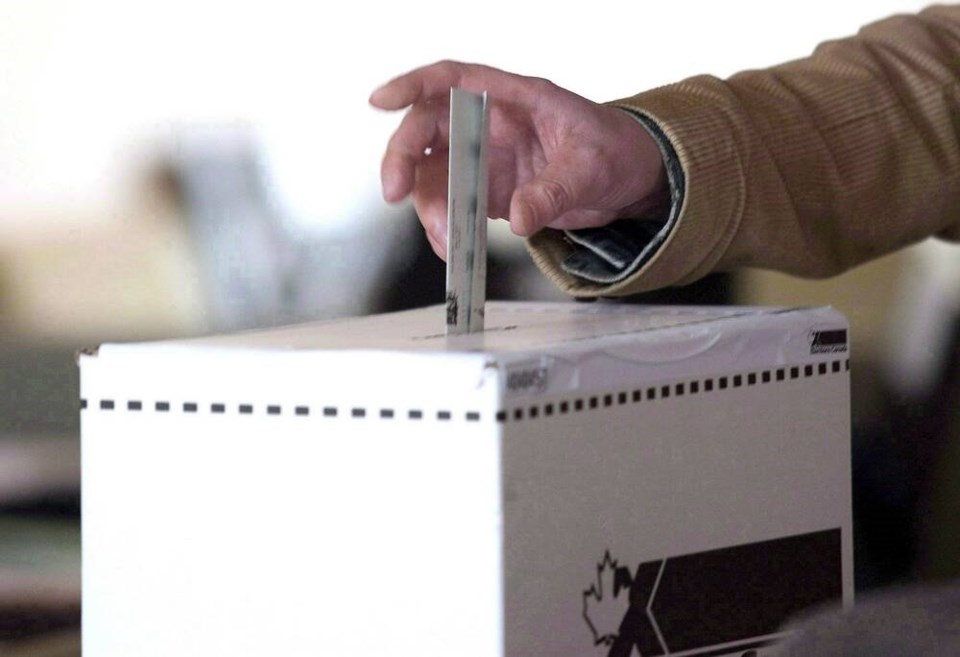The power of being grateful has been a consistent theme over the past few years. To appreciate what we have rather than pine for what we want. I’m sure you’ve noticed expressions of gratitude in social media posts, and maybe it’s something you practise in your daily life. It’s a powerful tool for having agency and for letting go of all those things we have no control over.
Greater Victoria has plenty to be grateful for. Our weather, of course, the natural beauty of our region, a stable economy and our long history as the traditional territories of the Lək̓ʷəŋən (Lekwungen) speaking peoples.
We also have a system of governance that has somehow resulted in fabulous neighbourhoods, a world-class downtown and a vibrant business community. It’s remarkable because it can seem so counterintuitive to our challenges. We have too many local governments, for one. And hardly a day passes when we don’t hear about a politician behaving badly or a half-baked government decision. But somehow this imperfect system keeps working. Democracy, as Winston Churchill famously said, is the worst form of government other than every other system ever attempted.
One of the ways many people first interact with democracy is with the government that plays the biggest role in our daily lives. Municipal councils make decisions that literally affect the street we live on. They can play a huge role in the success of your neighbourhood’s businesses, and it’s not uncommon to know personally the person sitting in the mayor’s seat or around the council table.
We’re fortunate in Greater Victoria to live in a region that values compassion, generosity and goodwill. People here get elected because they want to do the right thing. They are passionate about their neighbourhoods and campaign on doing a better job of fairly and transparently improving life for everyone.
And then they get elected. The reality of the role is much different than what they anticipated and typically takes up to a year to understand processes and constraints.
Take, for example, the experience of Allison Habkirk, who now has more than 30-years’ experience in local government as an employee, an elected official and as an educator. Habkirk is a former mayor and councillor of Central Saanich currently working as a consultant specializing in municipal politics.
She understood the inner workings of municipal government in her role as a city planner, yet, after deciding to seek election and winning a seat on council, she says she was woefully unprepared for the realities of the role. The experience for newly elected officials is typical. Habkirk started her first term in office with confidence because she understood the language of government. What she wasn’t prepared for was the amount of energy spent serving as a vessel of constituent opinions, staff recommendations and group decision-making.
She tells a fascinating story about moving from city staff to city hall, eventually serving her community as mayor before taking a job at the University of Victoria to teach others about local governance. The experience is also why we’ve asked Allison to join us for a free event to share her learnings with prospective candidates in this fall civic elections.
The Greater Victoria Chamber of Commerce, like chambers across the continent and, indeed, around the world, is deeply intertwined with the evolution of governance systems. Most people are familiar with the traditional all-candidates meetings typically hosted by your local chamber. It’s something we do as a service to our communities, and something that is expected because of our role as the voice of business.
I’ve emceed more of these types of meetings than I can count, and, to be honest, for many years it felt like housekeeping. As if democracy only required a bit of dusting off, and a quick vacuum to keep it tidy and functioning well.
I’m not sure that’s still the case. We can’t assume that democracy will continue to grow and enlighten more of the world as it has our little corner. And while I don’t think Canadians will allow their democratic privileges to slip away anytime soon, I also think we can do better. It starts with participating. Something as simple as exercising your right to vote can help you feel less powerless against the forces affecting your life and our future. You never know, voting might lead to campaigning for a candidate you admire, or even choosing to run for office yourself.
Let’s hope that democracy can make a comeback in the 21st century. It needs to be nurtured like all of the other things we value. Education and participation are small prices to pay for the privilege of being governed by the best, or, at least, the least-bad system humanity has ever known.
To learn more about what everyone should know about local governance, I hope you’ll join me from noon to 1:30 p.m., on June 29, for a virtual conversation with Allison Habkirk. You can find more details at victoriachamber.ca.
>>> To comment on this article, write a letter to the editor: [email protected]



